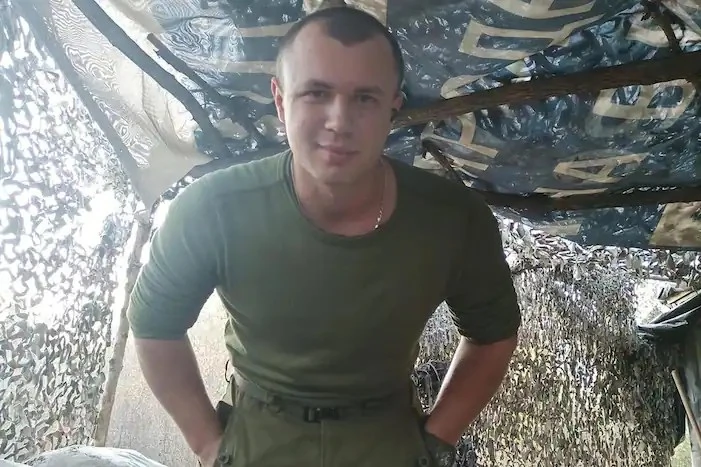
A Stoic Stand and the Fight for Ukraine
He who does not prevent a crime, when he can, encourages it.
Seneca
As published by Plato’s Academy Centre.
The British historian and politician Thomas Macaulay wrote a collection of poems in 1842 called Lays of Ancient Rome. These recount heroic episodes that go beyond the emperors, generals, and senators, to highlight the actions of ordinary footsoldiers, who otherwise would be lost to history.
One of the poems, called Horatius, is about Publius Horatius and two fellow soldiers who were assigned to hold the Sublician Bridge over the Tiber river from the Etruscan Army. These three elected to go forward and fight the enemy, allowing their fellow soldiers the opportunity to dismantle the bridge behind them, sacrificing their lives in the process.
From their President on down, Ukrainians have proven that courage and tenacity, though intangible factors, can have an exponential impact on the battlefield.
Mick Mulroy
This is such a moving poem that many, including Winston Churchhill, memorized every verse. But this type of heroism is not confined to ancient times. It is happening right now in Ukraine. From their President on down, Ukrainians have proven that courage and tenacity, though intangible factors, can have an exponential impact on the battlefield.
Going into battle takes courage. Many of my closest friends and I have done so on many occasions. We always went, though, with overwhelming force on our side. The courage to go into battle wholly outnumbered is of another kind. I believe it exemplifies the type of fortitude that the ancient Stoics held as one of their fundamental principles and cardinal virtues. It is courage in the face of oppression, in defense of liberty, even if death is the most likely outcome.
On February 25, 2022, the Ukrainian government issued a statement that Vitaly Skakun Volodymyrovych, a Ukrainian Marine, had voluntarily undertaken a mission to mine the Genichesky Bridge near Kyiv before Russian forces could cross it. Vitaly did not have time to flee the blast zone before detonating the explosives and informed his battalion that he would be blowing it up regardless. He became a modern-day Horatius.
To every man upon this earth
Death cometh soon or late.
And how can man die better
Then facing fearful odds,
For the ashes of his fathers,
And the temples of his Gods.Haul down the bridge, Sir Consul,
With all the speed ye may;
I, with two more to help me,
Will hold the foe in play.
In yon strait path a thousand
May well be stopped by three.
Now, who will stand on either hand,
And keep the bridge with me?
This type of heroism needs to leave behind more than a poem; it should inspire action. Ukraine is a young democratic country fighting to hold on to its freedom. Volodymyrovych’s courage, his Stoic stand, is what the free world must remember to ensure that we do not return to the past.
About the author
Michael “Mick” Patrick Mulroy is a retired U.S. Marine, a retired paramilitary operations officer in the CIA’s Special Activities Center, and a former deputy assistant secretary of defense for the Middle East. He is now a national security and defense analyst for ABC News, a senior fellow for national security and defense policy with the Middle East Institute, a co-founder of the Lobo Institute, and on the board of advisors for Plato’s Academy Centre.


